CIRAD developed the ImpresS method to assess the environmental and societal impact its research.
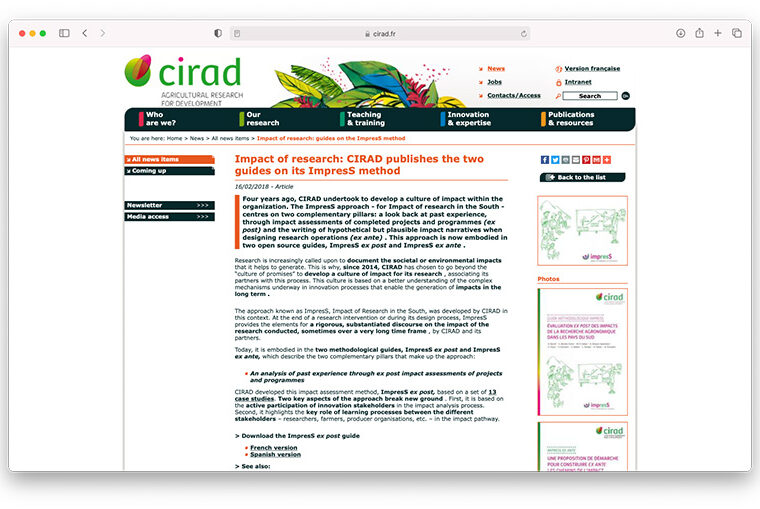

CIRAD developed the ImpresS method to assess the environmental and societal impact its research.
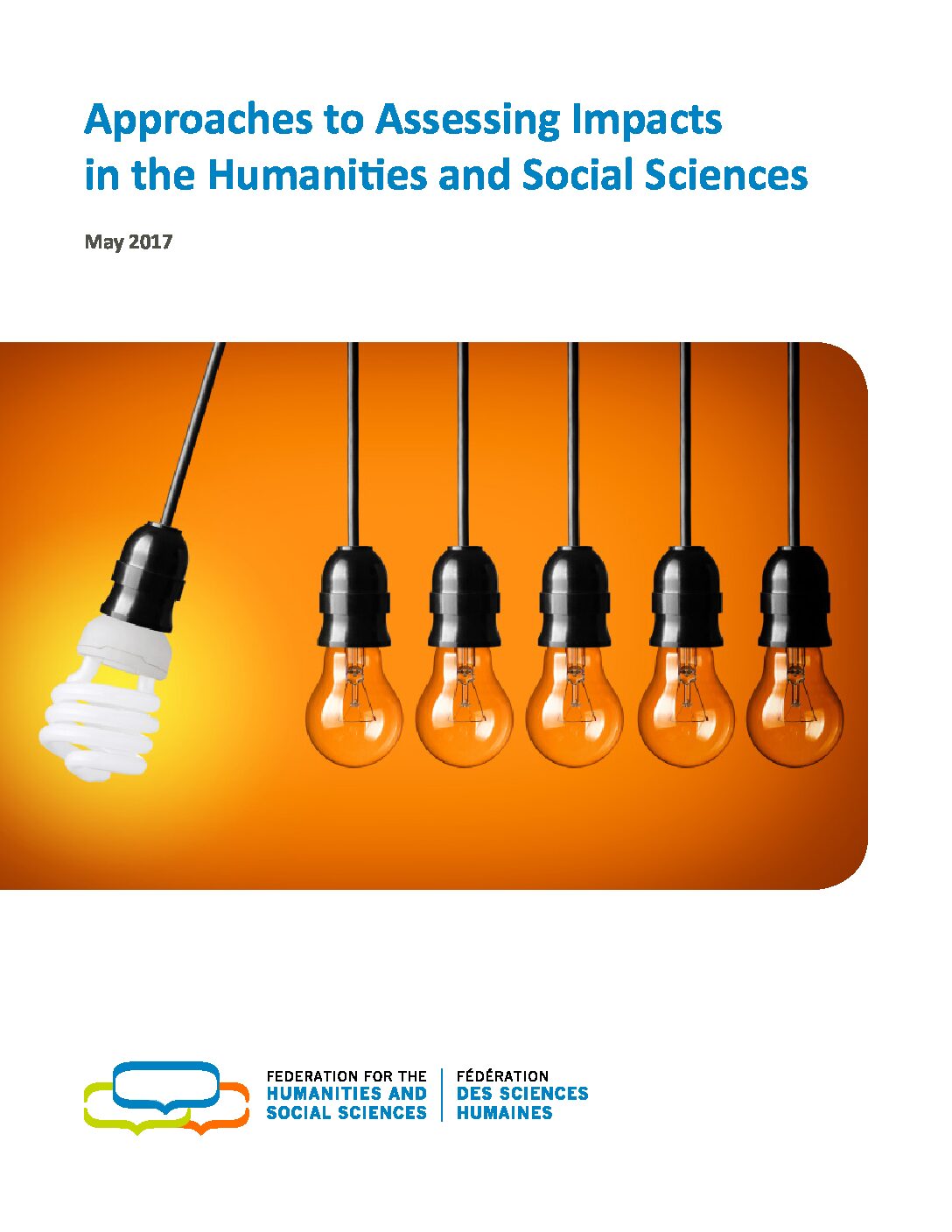
The Federation released a report in 2017 to support the ongoing conversation in Canada about the assessment of research impact in the Humanities and Social Sciences (HSS).
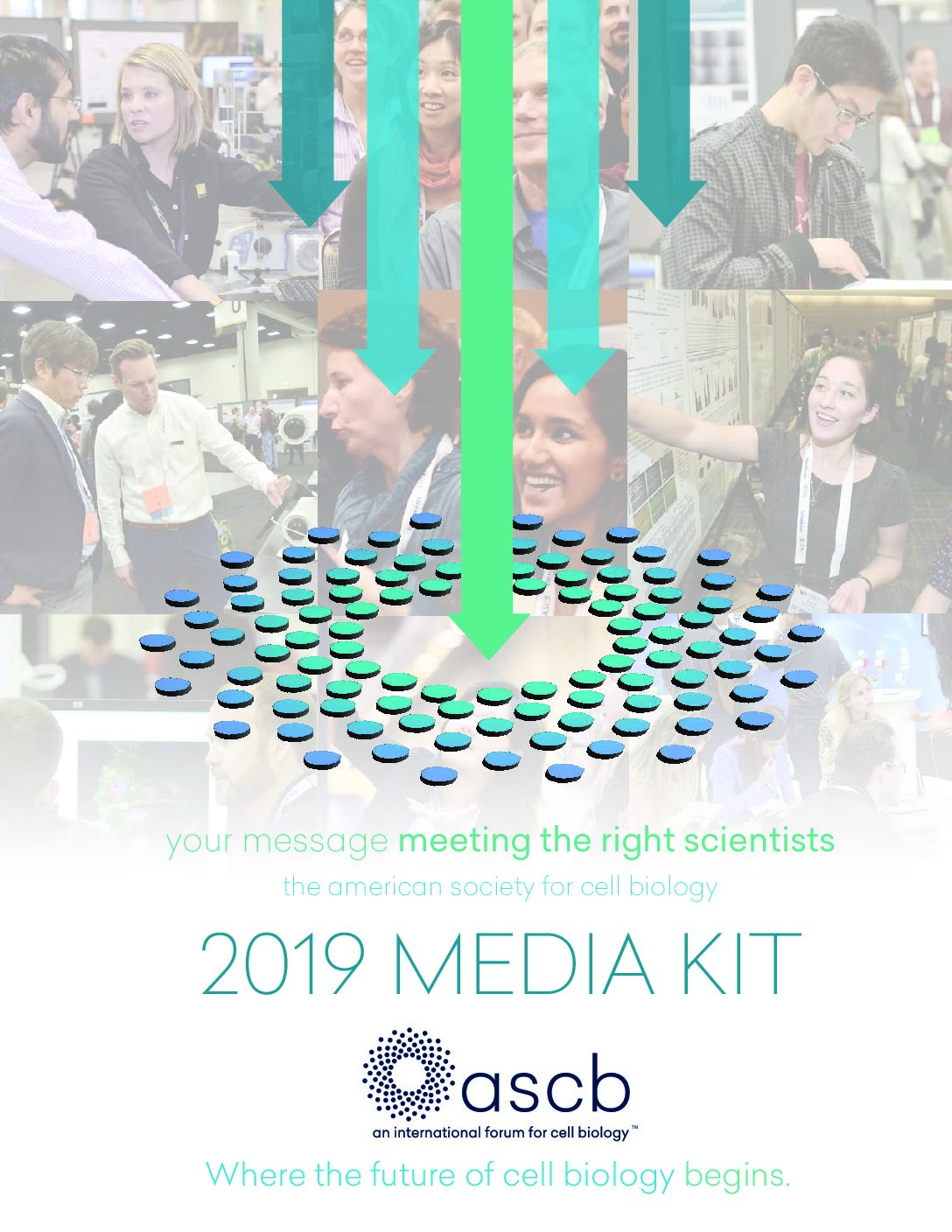
The idea for the San Francisco Declaration on Research Assessment began at the 2012 ASCB Annual Meeting. As one of the initial DORA signatories, the ASCB does not promote its publications by the Journal Impact Factor.
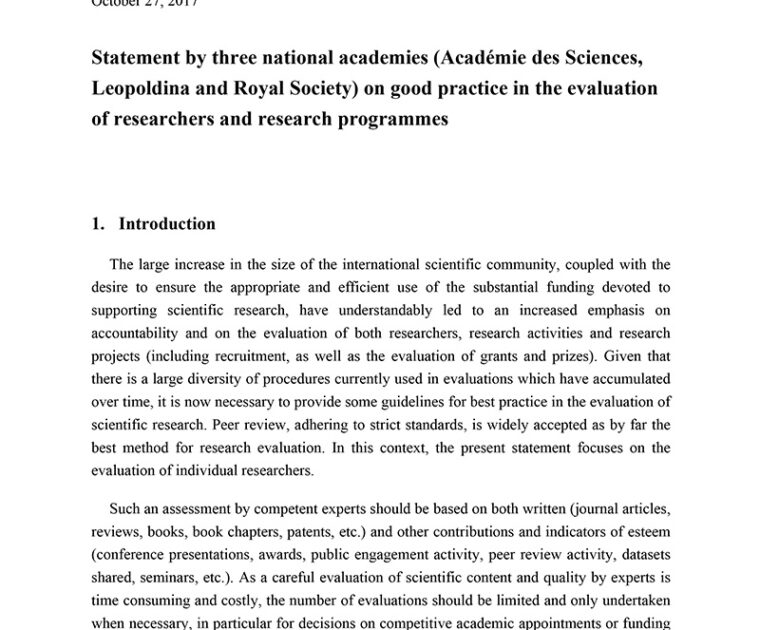
Three national academies issued a statement on good practice in the evaluation of researchers and research programs in October of 2017. The statement recognized the need for efficient, fair, and robust researcher evaluation, especially as the size of the research community continues to increase.
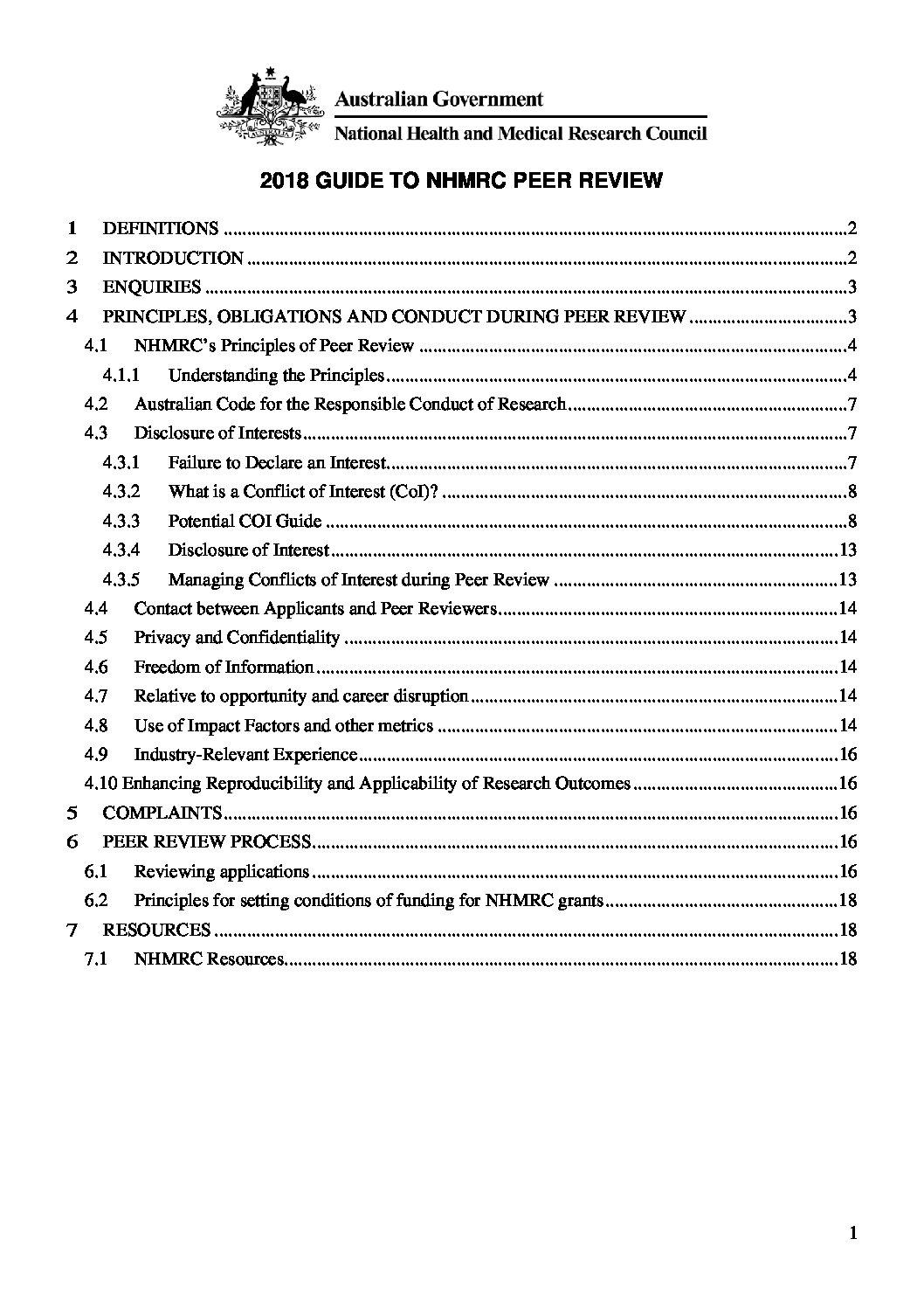
The NHMRC guide for peer review instructs assessors not to rely on the Journal Impact Factor when making judgments.
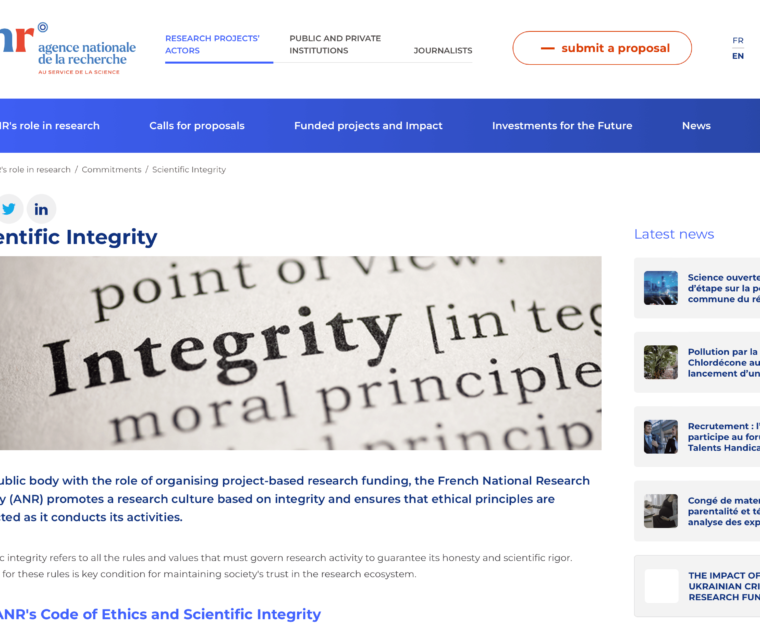
Applicants understand how funding decisions are made, because the Agency openly shares a general summary of its decision-making process on their website written in English and French.
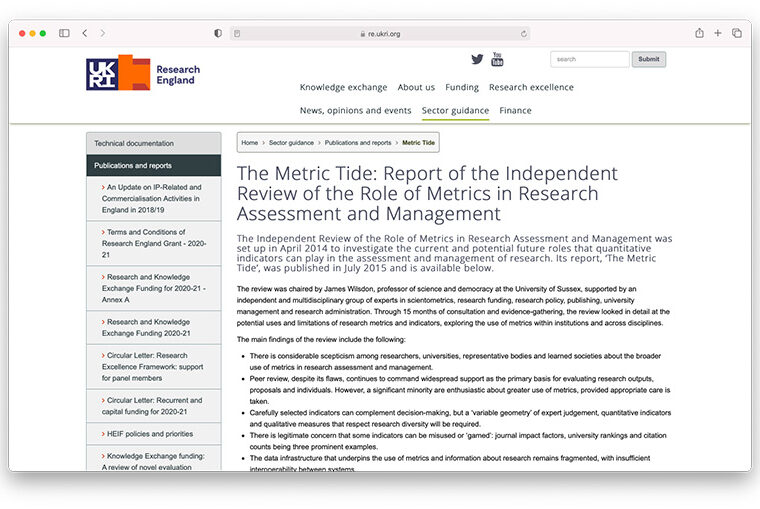
The Metric Tide was published in July 2015, and provides an extensive review of the literature on peer review, the use of metrics and altmetrics, and a statistical analysis of the predictive power of various numerical indicators (including the JIF).
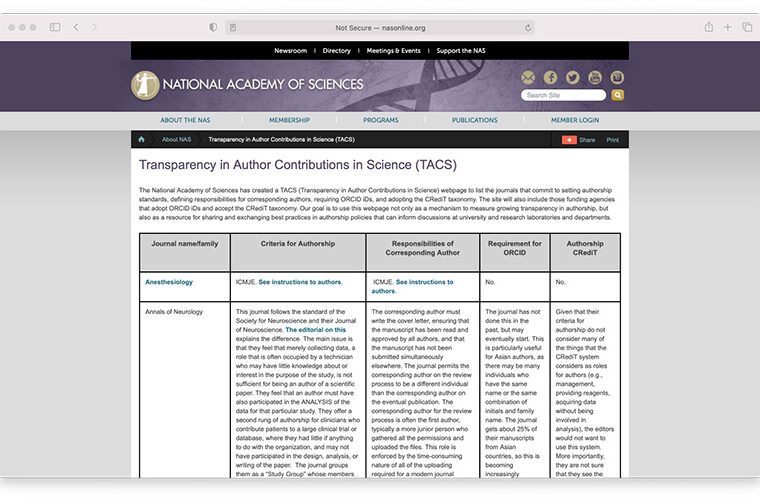
The National Academy of Sciences in the United States created a webpage to track journals that are engaging in fair authorship practices.
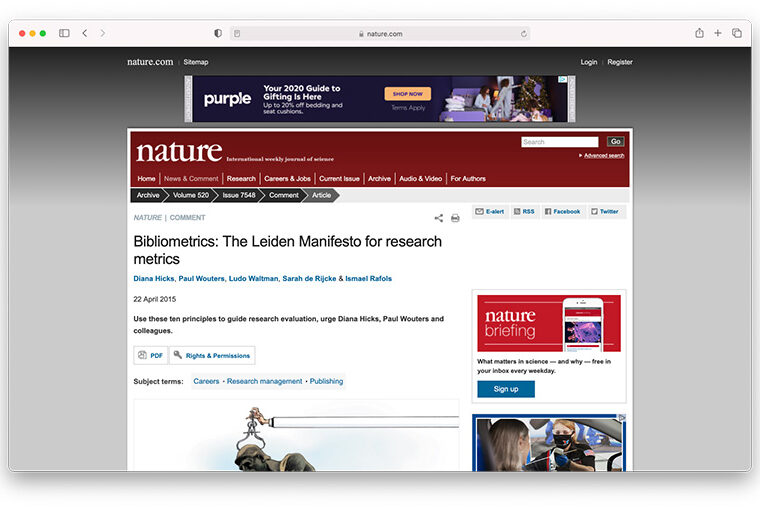
The Leiden Manifesto provides ten principles for the appropriate use of metrics in research evaluation.
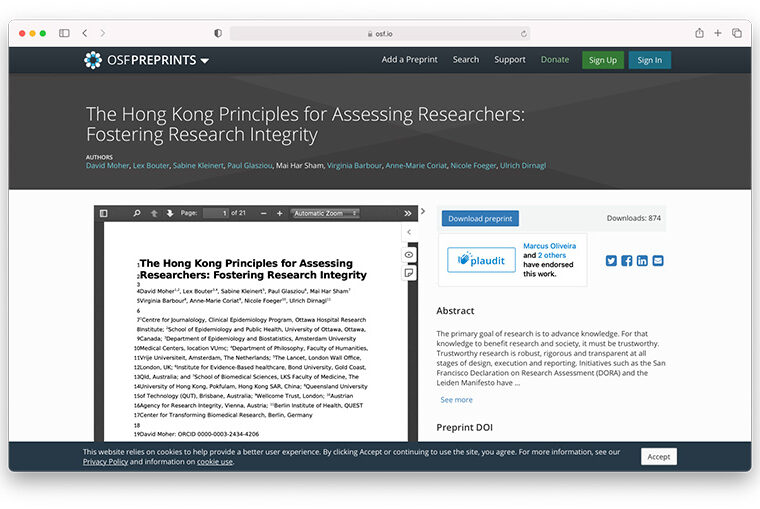
Institutions and funders can use the Hong Kong Principles to reward and recognize scholars for behavior that contributes to trustworthy research.